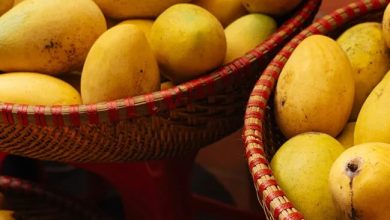EXCLUSIVE: Everything you need to know about the Nipah virus is right here

The death of a 12-year-old boy in Kozhikode, Kerala, as a result of the Nipah Virus has raised concerns. While the state is still dealing with what appears to be a third COVID-19 wave, the arrival of the Nipah virus is exacerbating the situation.
Nipah, which is not as infectious as COVID but far more lethal, necessitates strict controls to prevent it from spreading. The Health Department is on high alert as a result and is busy tracing all suspected people who had contact with the boy. So far, the department has reportedly tracked down 158 people, 20 of whom are considered high-risk.
What exactly is Nipah?
According to Dr. Tarun Sahni, Internal Medicine Specialist at Indraprastha Apollo Hospitals in New Delhi, it is COVID-like influenza and a zoonotic virus, which means it does not fly on its own. It is usually passed down from animals to humans. Bats and pigs are the most commonly infected animals with the Nipah virus.
“The vectors are as follows. Anyone who has come into contact with a pig or a bat is likely to be infected. “There are also a lot of fruits on which these bats can be found resting,” Sahni explains.
Symptoms and signs
Because it is influenza, the early symptoms are similar to COVID, which are cough, cold, runny nose, fever, and fatigue.
The disease’s progression
The Nipah virus can spread quickly and cause brain fever or meningitis. “The progression is rapid, and the death rate is high. “This virus has the potential to kill nearly 70% of people,” says Sahni.
Now, how do you tell if it’s a viral, COVID, or Nipah infection?
“Nipah can only be tested in specialized labs. The doctor usually analyses the signs and symptoms and makes recommendations based on them. The only symptom that can help identify Nipah is brain fever. As a result, one should not ignore any signs and symptoms and should consult a doctor as soon as possible,” advises Sahni.
Prevention
The first line of defense is to wash your hands frequently, thoroughly clean fruits and vegetables before using them, and avoid coming into contact with the vectors.
“We must strengthen our defenses because we must now combat not only COVID but also the Nipah virus. Though it is not as contagious as COVID, it is still dangerous, according to Sahni.
Prevention
The first line of defense is to frequently wash your hands, thoroughly clean fruits, and vegetables before eating them, and avoid coming into contact with the vectors.
“We must fortify our defenses because we are now fighting not only COVID but also the Nipah virus. According to Sahni, even though it is not as contagious as COVID, it is still dangerous.






